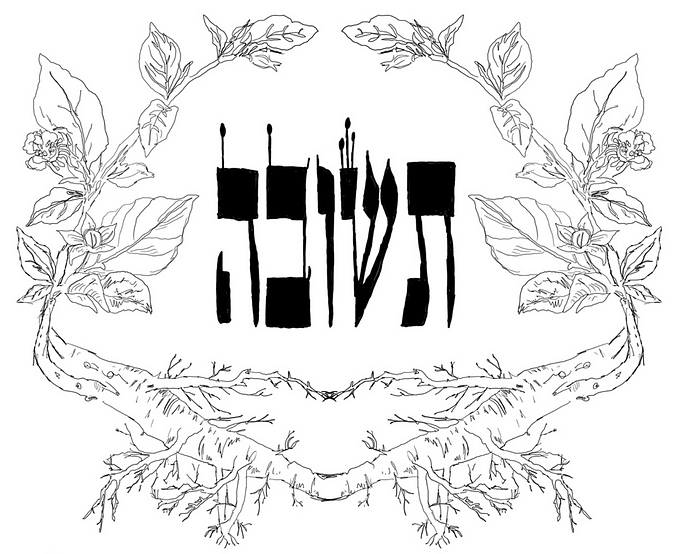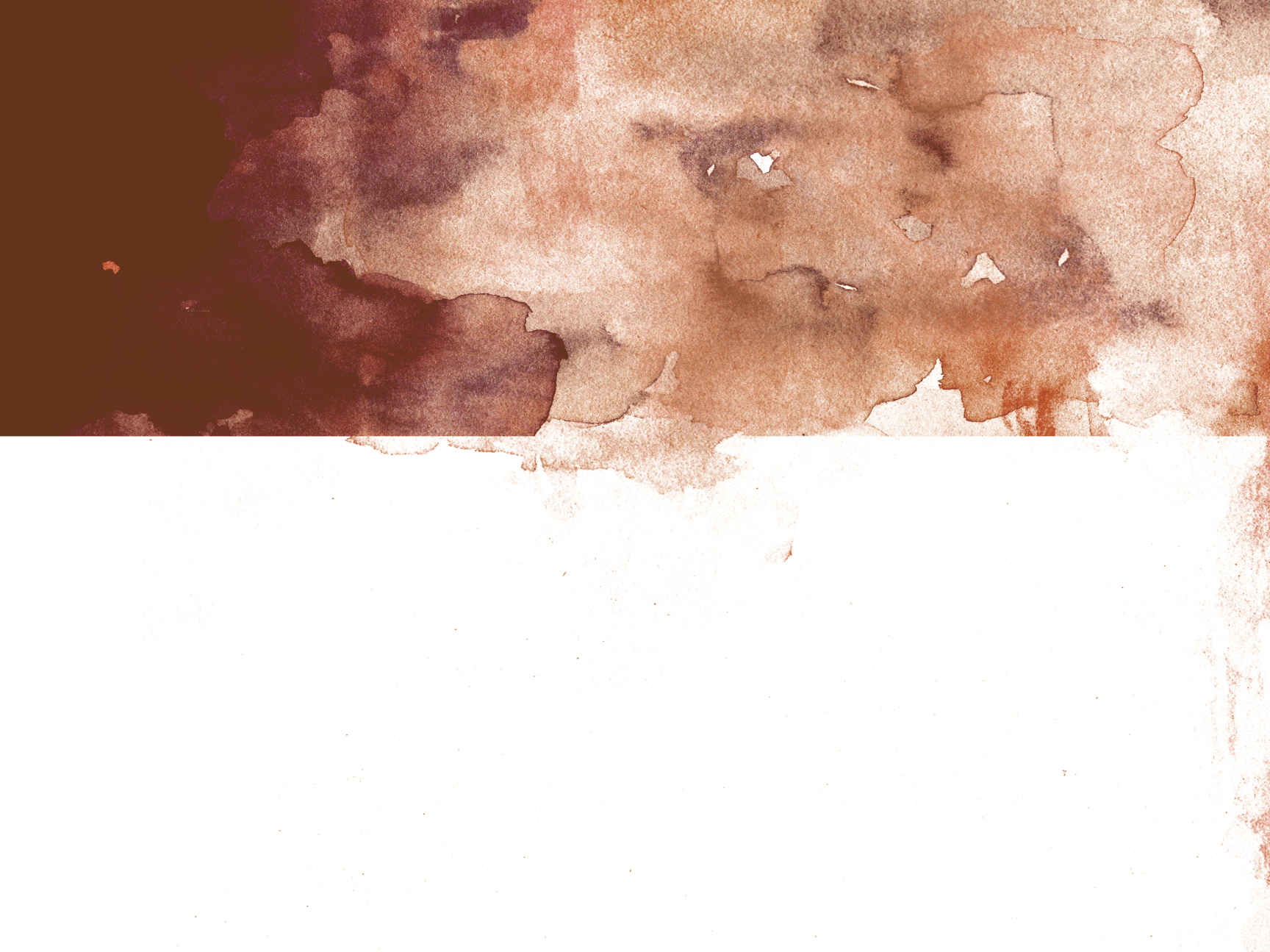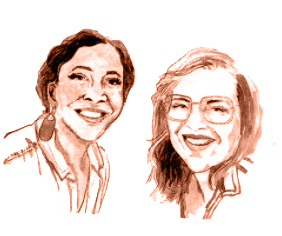Sermon from Beth Am’s Juneteenth Shabbat
by Kate Poole

I am really grateful and honored to be here. I was invited to share about the work that I’ve done in my life around racial justice, reparations, and supporting black sovereignty. My family has been a part of this congregation for generations for 6 generations. My great-great-great-great grandfather Michael Simon Levy was a founder, so it’s a powerful and vulnerable moment for me to be sharing my life’s work with you today.
When the Rabbi invited me to speak on Black Sovereignty I was moved, because I think that is such a powerful framework to bring to discussions of racial justice. It also might be a phrase that’s unfamiliar to some of you. You might be wondering, how can we support black sovereignty? Is there a difference between doing work that benefits local black community members (say tutoring or street clean-ups) and supporting black sovereignty?
Yes. Sovereignty is about who decides what’s needed and how resources are allocated. Supporting black sovereignty is about giving both resources (money, time, expertise) and power (the decision-making power over how those resources are spent).
As an example, even though our congregation is full of brilliant minds, no one knows what is best for someone else. We can’t decide what another community needs.
Women are the real experts on women’s rights, black activists are experts on anti-black racism, and any attempt to solve a social problem must be shaped and led by those affected.
I often draw on the Jewish framework of Teshuvah to anchor my work supporting Black Sovereignty. I find Jewish support for reparations in Teshuvah.

You’re probably most familiar with Teshuvah in the context of Yom Kippur. Literally meaning to turn or return, Teshuvah is a process of self-examination, asking forgiveness, and making things right by repairing the damage. The responsibility to make Teshuvah is both individual and collective — which is one reason why much of the liturgy of Yom Kippur asks forgiveness for the sins that we have committed. There is a balancing of specific ways you haven’t measured up, and there is an acknowledgement of collective and systemic harm we’re working towards transforming. There is a balance of looking at our personal shortcomings, and there is an acknowledgement of the need to think, talk and act collectively towards addressing systemic harm.
Massive harm created the current disparities in our economy. Racism and white supremacy have shaped who has access to wealth. The practice of Teshuvah offers us clues and a framework for what it looks like to work towards repair and return.
This has been a long learning journey for me. When I was growing up, when we would drive from Pikesville to Shul, I didn’t have a strong historical sense of why we were traveling from a Jewish neighborhood to a Black Neighborhood to go to synagogue. I knew that when we parked on Linden Ave and walked over, I felt out of place, but I also knew that my great-great-grandmother had an apartment at Eutaw Place a stone’s throw from here.
I was raised to be generous, to seek justice, to be kind. But in doing that I looked outside of myself — tutoring young black students in city schools, interning at a domestic violence legal aid program, building a school in Costa Rica — seeing poverty and racism out there, and wanting deeply to help. I didn’t learn to ask how am I implicated.
I didn’t understand how my privilege and opportunities were connected to the poverty and violence I saw locally and globally.
I didn’t see how the lack of resources in city schools and court systems were connected to bigger patterns of white flight and redlining. I didn’t see how racism was connected to who has access to wealth and whose wealth is stolen.
My politics shifted in college, and again in showing up for Occupy Wall Street and the Black Lives Matter movement. During Occupy Wall Street I learned about how the 1% owns over half of global wealth. I learned how the accumulation of wealth has always been connected to racial discrimination.
The accumulation of wealth in this country is based on the theft of land from native peoples, the kidnapping and enslavement of Africans, and policies and practices created by governments and financial institutions — like the Homestead Acts, the GI Bill, redlining, racist deed covenants, discriminatory lending practices — that built wealth for some at the expense of others.*
If we look at all of this harm, and look at the racial wealth divide in our country, we can see a deep wound that needs healing. Apply the concept of Teshuvah to contemporary economic and racial injustice, and we can make the case for reparations. This includes pushing our country and local governments to pay reparations to historically oppressed and economically exploited communities, by supporting legislation like HR 40 and S. 1083. In my own work, I focus on supporting individual and institutional inheritors in bringing a reparations lens to their giving and investing.
Some white Jewish Americans have a complicated relationship to their whiteness and the history of whiteness in this country. This country has discriminated against Jews historically, and there’s a real threat of violence today from anti-semitic white nationalists. And also, many white Jewish Americans have been able to accumulate wealth, and accumulating wealth in this country means benefitting from racist systems.
In my own journey of reparations, I’ve looked to move the money I’ve inherited to organizations and businesses that are building economic self-determination for Black communities.
Around this time last year, a colleague introduced me to Cole and Aisha Pew of Dovecote Cafe. I had been giving to Black-led organizing and activism in Baltimore, and investing in local community finance institutions, but I was looking to invest in work that was explicitly building Black Sovereignty. Cole and Aisha are building Black Economic Power — and when we pulled up to their joyful, gorgeous cafe, I was surprised to find they are doing that work in the footprint of the neighborhood where my family first starting accumulating wealth before moving to the county. I was shocked and delighted that the hub of their work is just one block from Beth Am, where I was batmitzvah-ed! I was moved by their model, and made the largest financial commitment of my life, with the wire going through last year on Juneteenth. I felt deeply grounded in the healing work of investing in Black Sovereignty, and in building Black-Jewish solidarity.
In addition to investing in businesses that are closing the racial wealth divide by building black economic power, I also support wealthy white investors in redistributing their wealth and integrating their giving and investing practices. I help inheritors trace the history of wealth accumulation in their families and look for opportunities for repair. I do this work through Chordata Capital, an investment advisory firm I co-founded with Tiffany Brown. Together work as investment advisors with investors who are committed to racial justice, wealth redistribution and reparations. Part of my accountability practice as a wealthy white woman is being in partnership with Tiffany, a Black mixed-race working class woman. I was moved to hear that Beth Am has developed a similar model of accountability in their work with the community, to have the board of In For Of to be half Jews from the shul and half Black community members.
When I started my work with Tiffany, we realized that in order for us to step into an equitable partnership, we needed to share resources. I had enough money to put my full time and attention into our business, and if I didn’t financially support Tiffany to put her full time into our work, there would be a warped power dynamic from the start. We saw that our work of racial and economic justice had to start at home, and a foundation where we were equitably sharing resources would set the tone for the integrity we would bring to our work with partners and clients. Supporting Black Sovereignty includes financially supporting Black leadership.
As the racial wealth divide grows (with the average Black family’s median net wealth set to hit zero by 2053**), we need to take greater risks to bring justice, connection and financial resources to support the self-determination of Black Communities.
I’m grateful that Judaism has a solid framework for repentance. Teshuvah, Tfillah, Tzedakah: to repair, to pray, to share resources.
We need each other. Beth Am is lucky to be working in relationship with local Black leaders in the community. Our work is more powerful and grounded when it is anchored in loving, accountable relationships. As we continue to grow by being in relationship, I hope we can also grow in the way we share resources. I’d love to continue to be a part of that work with you all. Shabbat Shalom.
*****************
Kate delivered this sermon and participated in a Q&A with Rabbi Daniel Cotzin Burg at Beth Am’s Juneteenth Shabbat on June 15th, 2019. She also compiled a learning document for the congregation on these themes, that’s available here. To learn more about investing with a reparations lens, you can sign up for Chordata Capital’s Newsletter or attend our webinar on July 2nd.
*United for a Fair Economy: Government Boosts and Blocks of Building Wealth http://www.faireconomy.org/boostsandblocks
**Institute for Policy Studies report The Road to Zero Wealth: How the Racial Wealth Divide is Hollowing out the Middle Class



